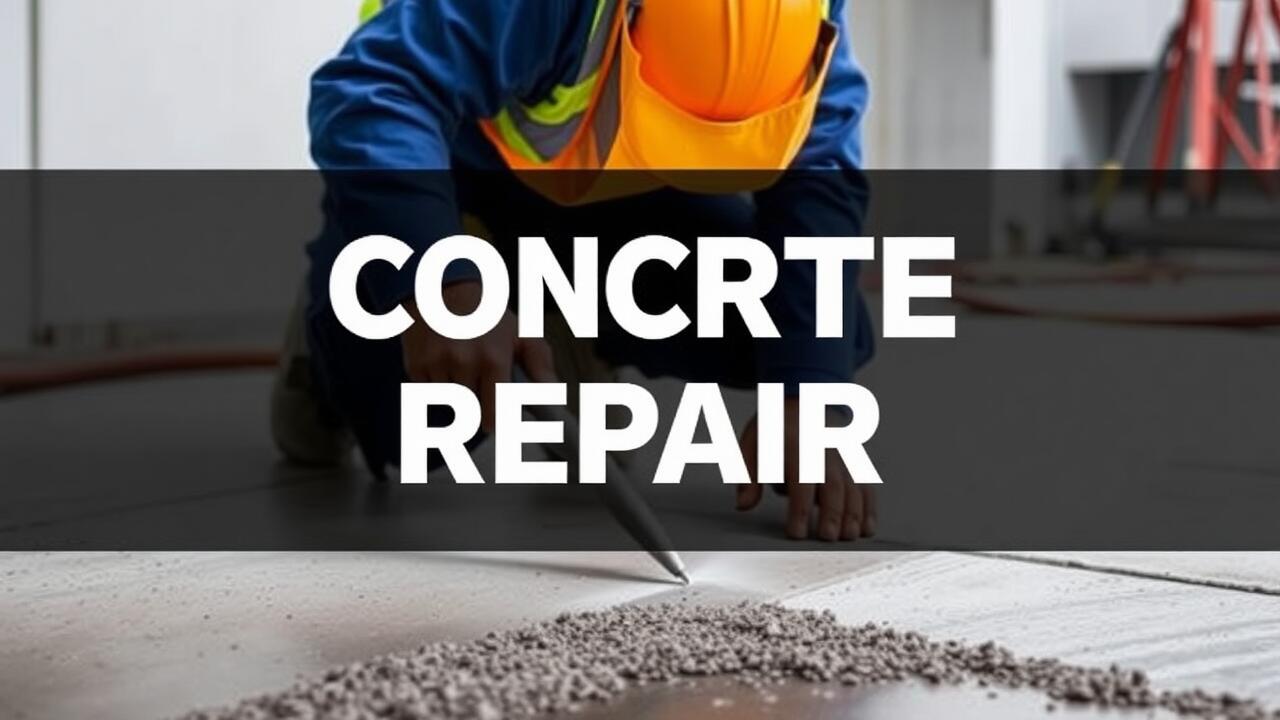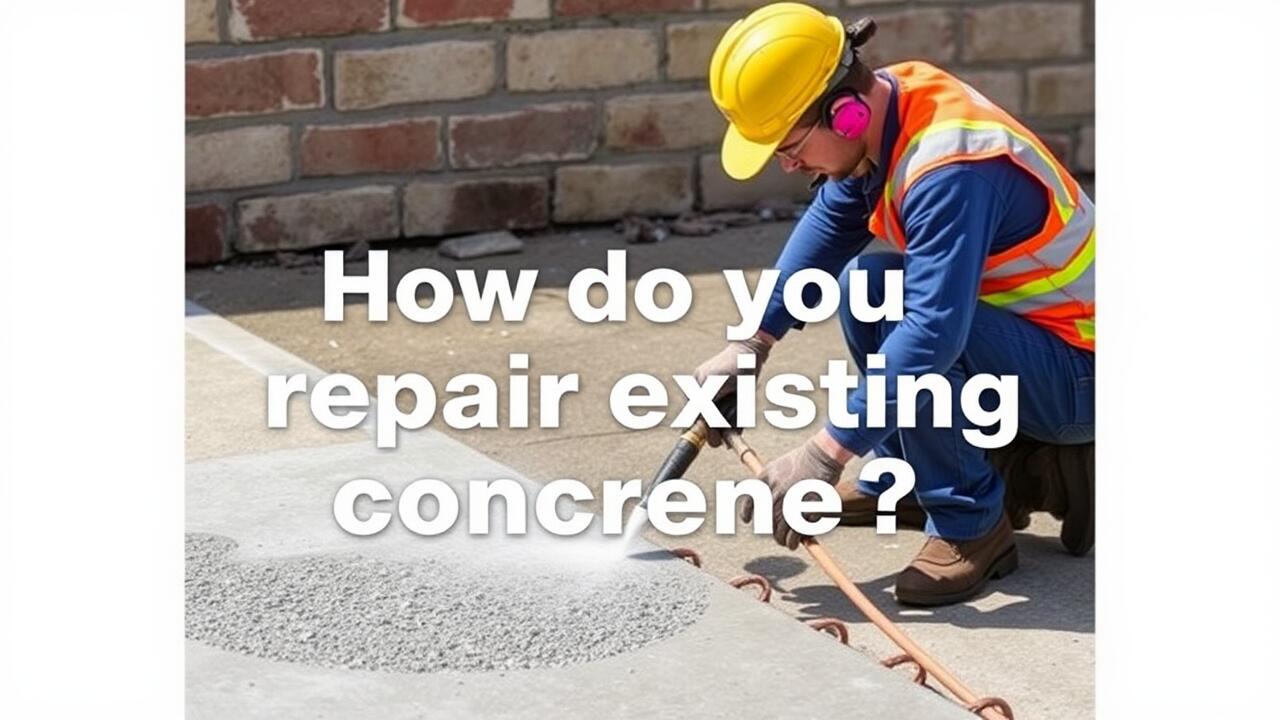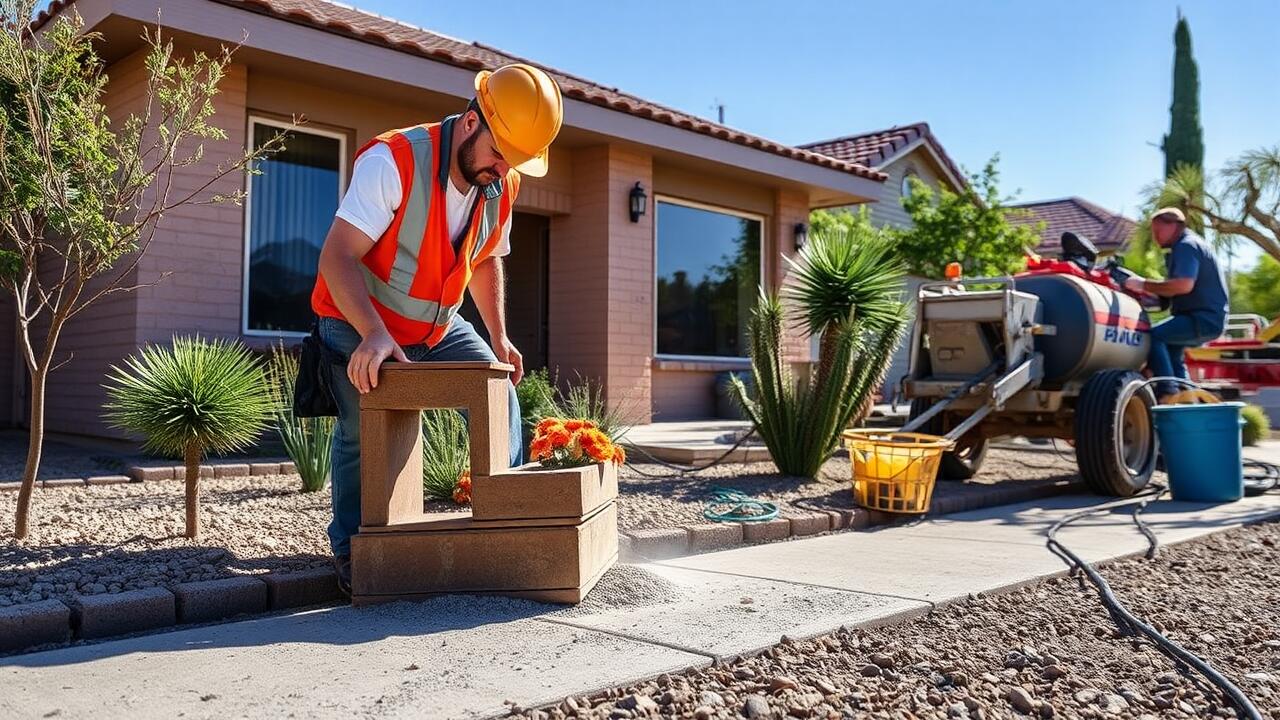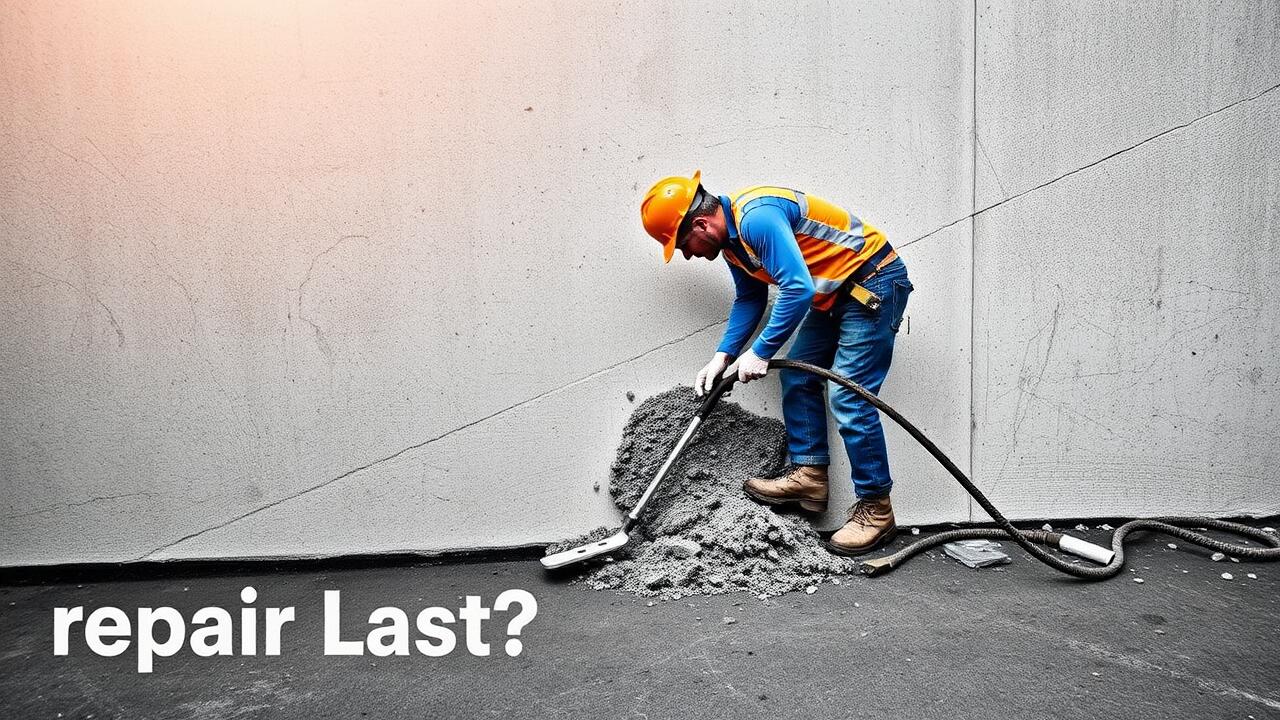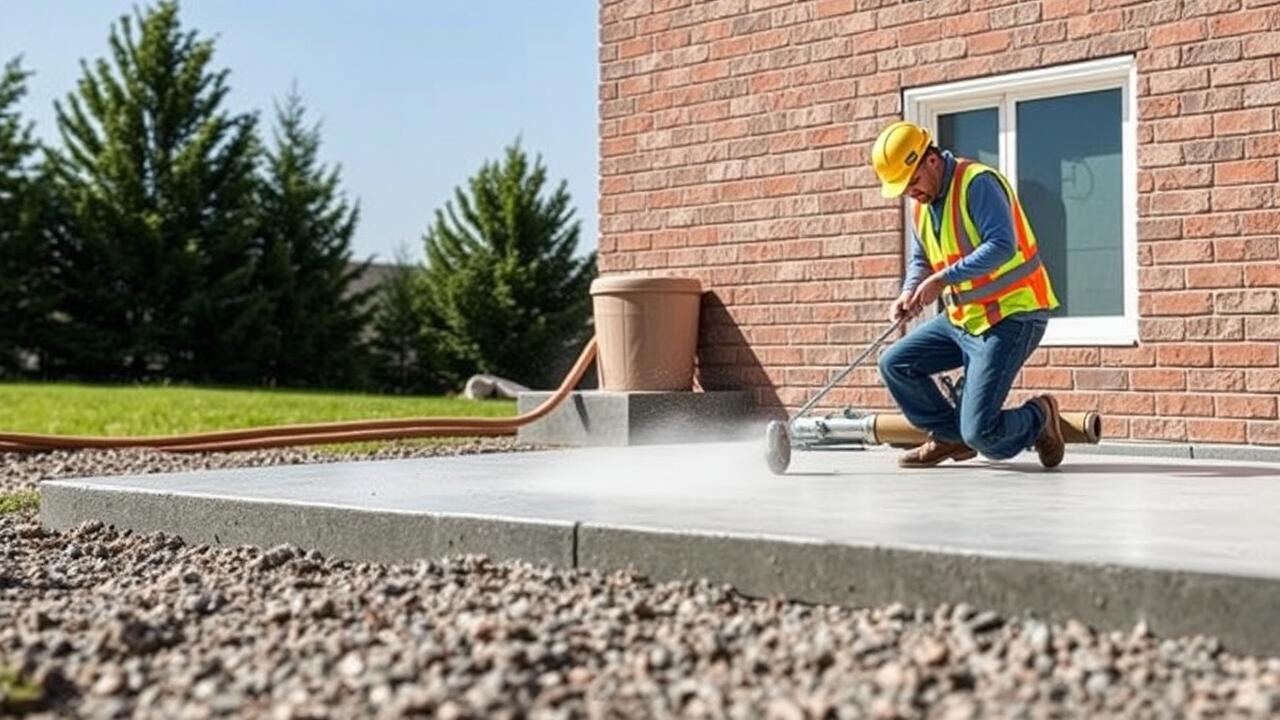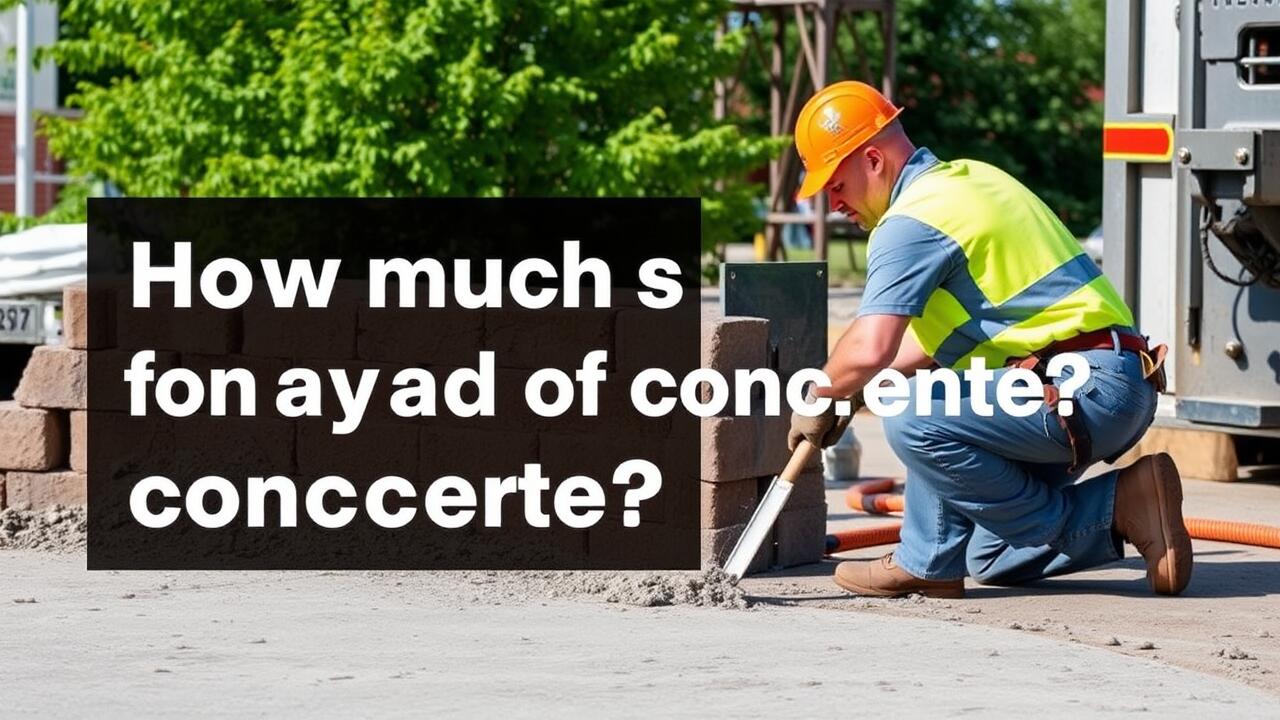
Tips for Budgeting Concrete Projects
Budgeting for concrete projects requires careful consideration of various factors, including labor, materials, and additional expenses. By obtaining multiple quotes from local suppliers and contractors, you can better gauge the market rate for concrete in your area. Be sure to account for specific project requirements, such as the thickness of the pour and reinforcement materials. Planning for contingencies can also prevent unexpected costs from derailing your budget.
In areas like North Mountain, Phoenix Concrete Repair services provide an array of options that can fit different financial plans. Exploring different grades and types of concrete can also impact overall expenses. Focusing on project efficiency, such as using the right equipment and techniques, can significantly influence the final cost. Taking these factors into account can help you allocate funds more effectively and ensure your project remains within budget.
Estimating Total Concrete Requirements
Estimating the total concrete requirements for a project involves understanding both the dimensions of the area to be covered and the thickness of the concrete. Begin by measuring the length and width of the space where the concrete will be poured. Once these measurements are obtained, multiply the length by the width to determine the square footage. Next, consider the depth desired for the pour, usually expressed in inches. To find the total cubic yards required, convert the depth to feet, multiply the square footage by this depth, and then divide by 27, as there are 27 cubic feet in a cubic yard.
If you’re working on a home project or a larger renovation, consulting professionals can streamline the process. Companies like North Mountain, Phoenix Concrete Repair offer experienced services that can help ensure accurate estimates. Utilizing tools such as volume calculators can also assist in determining concrete needs. Taking the time to refine these estimates will minimize wastage and avoid additional costs during the project.
Pricing Trends in the Concrete Industry
The concrete industry has experienced notable fluctuations in pricing due to various economic factors. Increased demand for construction projects during the past few years, coupled with supply chain disruptions, has led to higher material costs. Labor shortages have further contributed to the rising expenses, forcing contractors to pass these costs on to consumers. Homeowners looking to undertake concrete projects should stay informed about these trends to budget effectively.
In areas like Paradise Valley Miranda, Phoenix Concrete Repair services have also felt the impact of these pricing trends. Local contractors may adjust their pricing strategies based on regional demand and available resources. While some homeowners may be tempted to cut costs by opting for lower-quality materials, it is essential to consider the long-term effects on durability and maintenance. Investing in reliable concrete solutions often leads to greater value over time.
Recent Changes Impacting Costs
The past few years have seen notable shifts in the concrete industry, primarily driven by global supply chain disruptions and fluctuating material costs. Factors such as the pandemic and its aftermath led to increased demand for construction materials, leaving suppliers struggling to keep up. Coupled with transportation issues and rising fuel prices, these changes have directly impacted the final cost of concrete. Homeowners and contractors alike should prepare for such variations when planning their budgets.
Local businesses, like North Mountain, Phoenix Concrete Repair, have also had to adapt to these market fluctuations. Some companies may increase their prices to reflect the higher costs of sourcing materials. Customers should not only consider the base price per yard but also look at the overall value being offered. Quality workmanship and reliable service often justify a slightly higher price, ensuring the longevity and durability of the concrete for long-term projects.
Quality vs. Cost of Concrete
When it comes to selecting concrete for your project, it's essential to strike a balance between quality and cost. While opting for cheaper materials might seem budget-friendly initially, lower-quality concrete can lead to higher expenses over time due to repairs or replacements. Investing in a reputable brand or manufacturer can ensure that the concrete meets specific standards, minimizing the risk of issues such as cracking or durability concerns.
North Mountain, Phoenix Concrete Repair specializes in quality products that enhance the longevity of any project. Their experience highlights the importance of choosing concrete that not only fits your budget but also performs well under various conditions. By prioritizing quality, homeowners and contractors alike can safeguard their investments and avoid the pitfalls of compromised materials.
Assessing Value in Concrete Purchases
When assessing the value of concrete purchases, it is essential to consider not only the price per yard but also the quality of the materials and the service provided. High-quality concrete typically offers better durability and longevity, making it a wise investment for long-term projects. Factors such as the aggregate size, mix design, and curing methods can significantly influence the performance of the concrete. Understanding these elements helps consumers make informed decisions that align with their project goals and budget.
Local suppliers can play a crucial role in determining the overall value of a concrete purchase. Searching for reputable providers, like Paradise Valley Miranda, Phoenix Concrete Repair, can ensure that customers receive quality material backed by expert services. Comparing multiple suppliers allows for an evaluation of their offerings, warranties, and customer support. Ultimately, the best value lies not just in the price but also in the assurance of receiving durable and reliable concrete for your project needs.
FAQS
How much does a yard of concrete typically cost?
The cost of a yard of concrete can vary widely depending on factors such as location, type of concrete, and current market conditions, but generally ranges from $100 to $150 per yard.
What factors can influence the price of concrete?
Several factors can influence the price of concrete, including the type of mix, delivery fees, regional demand, and any additional services such as labor for pouring and finishing.
How can I estimate how much concrete I need for my project?
To estimate how much concrete you need, measure the area you want to cover in square feet and multiply it by the desired thickness in feet. Then, divide that number by 27 to convert cubic feet to cubic yards, as there are 27 cubic feet in a cubic yard.
Are there different types of concrete that affect pricing?
Yes, there are various types of concrete mixes, including standard, high-strength, and decorative concrete, each with different pricing based on their composition and intended use.
Should I prioritize quality over cost when purchasing concrete?
While it can be tempting to choose the cheapest option, prioritizing quality is essential for durability and performance. Investing in a higher-quality mix can save you money in the long run by reducing maintenance and repair costs.
